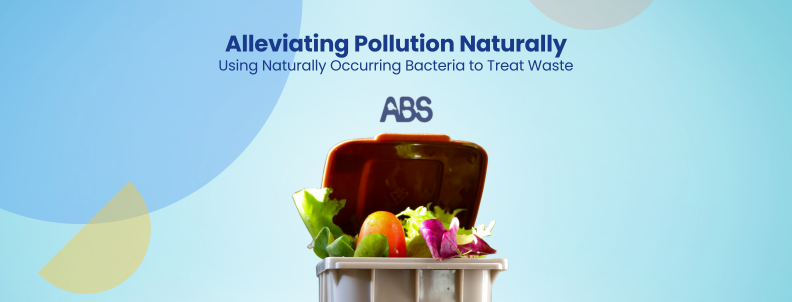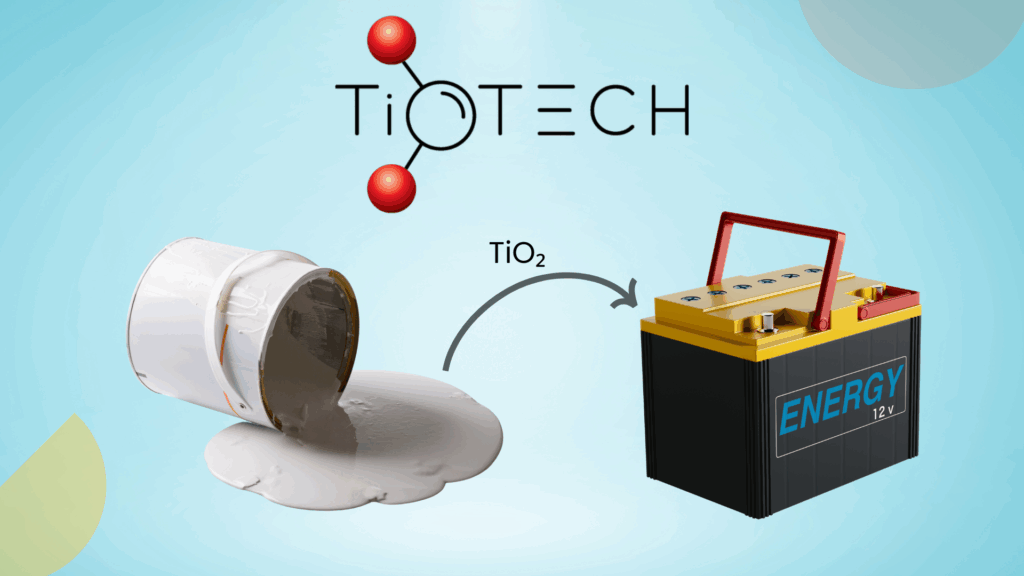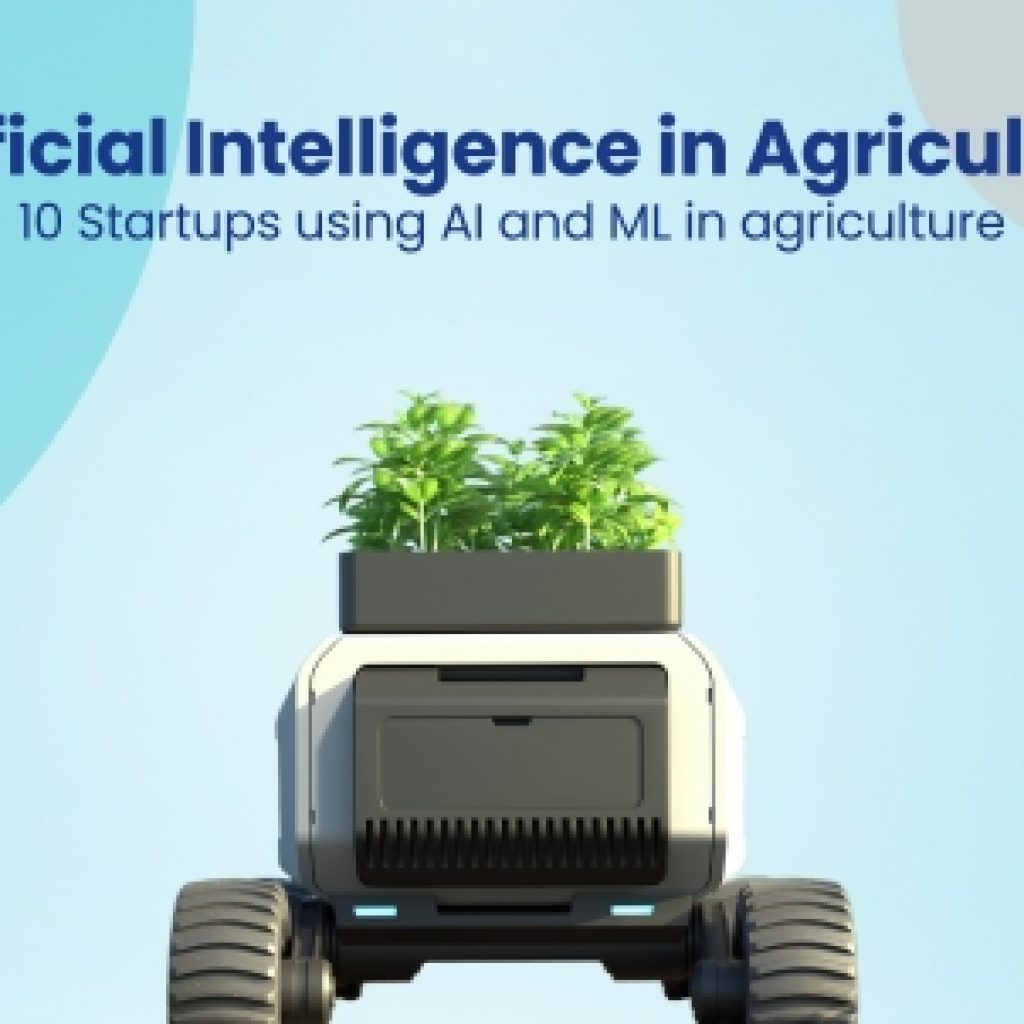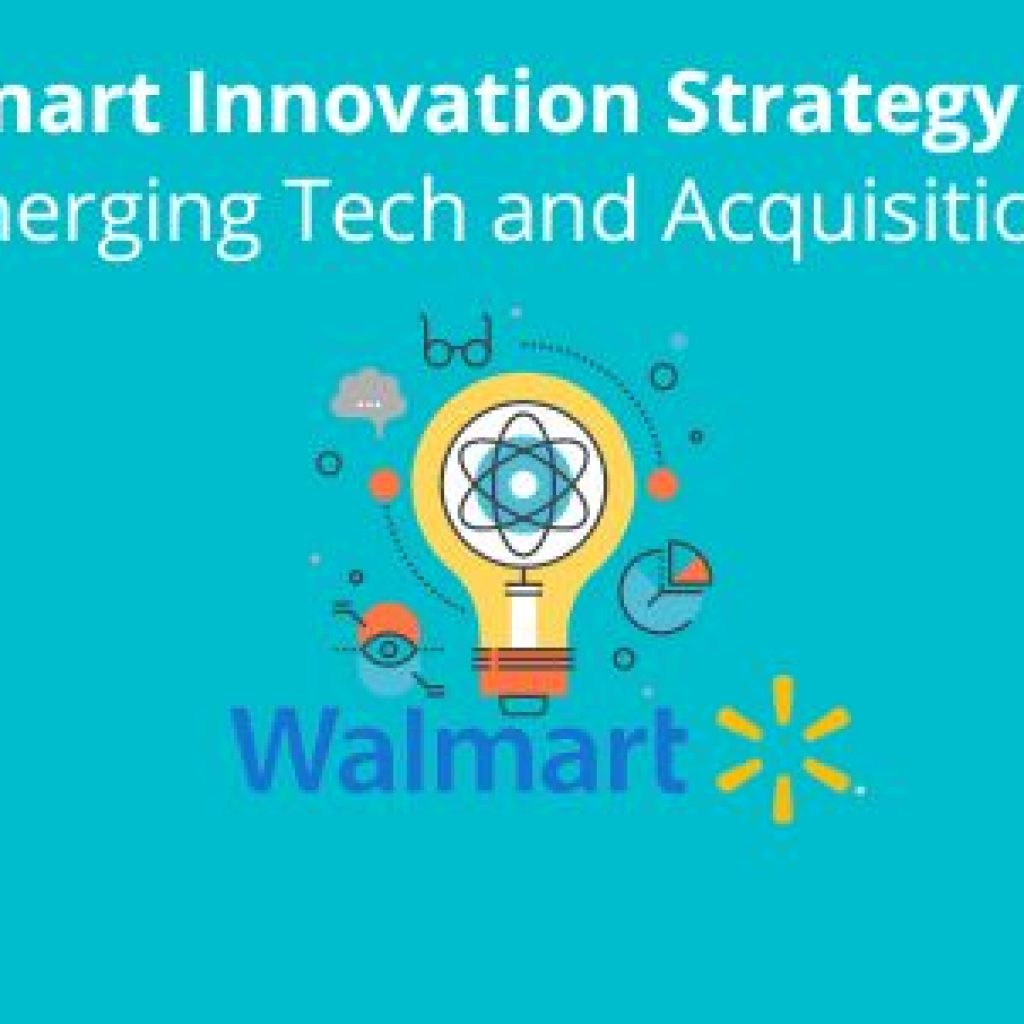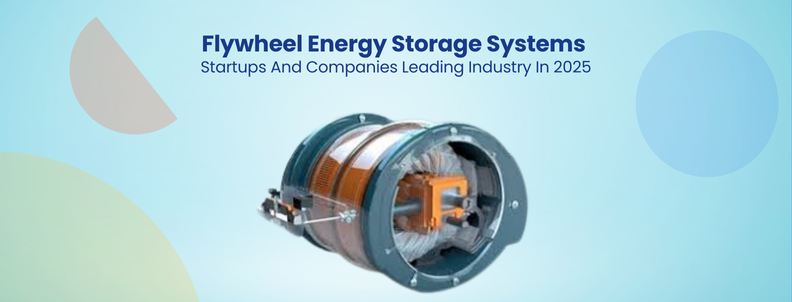Current waste management practices often rely heavily on chemical treatments, which, while effective in breaking down waste, introduce toxic elements into our ecosystems. According to Statistica, over two billion metric tons of municipal solid waste (MSW) are generated globally each year, and this amount is projected to rise by approximately 70% by 2050. While various waste treatment technologies have emerged, many fail to address the fundamental issue of toxicity.
As the industry faces these challenges, companies like Advanced Bacterial Science (ABS) are emerging to bridge the gap between effective waste management and environmental responsibility.
To better understand ABS’s technology and its potential implications, we spoke to Gareth Hughes, the Executive Chairman of ABS.
Author’s note: Upon researching, we came across many other startups and companies working on waste management. Curious to know about them? Read this article next!
Our mission is on alleviating pollution. So, we are looking to change the way that people manage waste, treat waste, and process waste of all types and we do it in a natural way.
– Gareth Hughes

With a background in biotechnology and a passion for the environment, Gareth has led ABS to create innovative ways to handle waste sustainably. Under Gareth’s leadership, ABS works to change the waste management industry by offering effective, non-toxic alternatives to traditional chemical disposal methods, tackling both global environmental issues and the increasing waste problem.
Want to know how ABS is doing it? See for yourself.
Overview: ABS’s Natural Bacteria Utilization for Pollution Alleviation
Advanced Bacterial Sciences (ABS) specializes in using naturally occurring bacteria to manage and treat various types of organic waste, including fats, oils, and greases. By analyzing waste and selecting the most effective bacteria for specific conditions, ABS enhances wastewater treatment, maintains drains and pipes, and aids in pollution remediation. Their solutions address hydrocarbons, oil spills, and agricultural runoff pollutants while also offering non-toxic products for mold and odor control.
Short on time?
Here are key highlights from the discussion.
Highlights from the conversation
Are ABS’s solutions applicable to both small institutions and large industrial sites?
I don’t think the size of the venue matters. We’re discussing sinks, showers, grease traps, and oil and water interceptors for our hydrocarbon applications. The strategy and dosing remain the same, regardless of the location’s size. We have to think from a system’s perspective for treating waste. Reducing the source’s waste takes a significant load off the system.
One of the biggest problems today is that the infrastructure for dealing with waste, especially wastewater treatment plants, is often overwhelmed by the volume they need to handle. This challenge is exacerbated by population growth without a corresponding upgrade in infrastructure.
So, whether it’s an airport, railway station, large distribution center, or any other type of building, if they have the basic facilities, our products can work effectively in all those environments. Our approach is similar to decentralized energy systems, where increasing efficiency at the point of use significantly impacts the overall system. This way, our products help manage waste more efficiently and sustainably, regardless of the venue’s size.
What are the key hurdles for ABS to integrate into larger companies, including Fortune 500?
I think part of it is structural. Most large, small, and medium-sized companies work with facility managers who handle day-to-day cleaning, maintenance, security, and energy management. There is often a separation between the soft services (cleaning and front-of-house maintenance) and the hard services (plumbing and infrastructure maintenance).
Sometimes, soft services facility managers are more open to trying innovative products, especially since many companies now have sustainability targets. However, adopting innovative products involves proving their effectiveness through trials, which can slow down the process.
Another hurdle is that companies under contract to fix problems may not be incentivized to use preventative solutions like ours unless they benefit from cost savings. The adoption curve for such innovations is typically 2-3 years, and we are starting to see more interest as case studies show the benefits.
Ultimately, the challenge lies in navigating the existing management structures and proving the cost-effectiveness and environmental benefits of our products so that they can be part of sustainability initiatives.
Does ABS offer advisory services where you sell your knowledge and intelligence rather than just products?
Yes, absolutely. We have a consulting practice that applies all the traditional problem-solving approaches. When a company identifies a problem, we help solve it by designing a bacterial or chemical formulation tailored to their needs. We aim to create a product that can be scaled up and applied globally.
Ultimately, our consulting services aim to solve global problems, so we’re keen to work with companies, contractors, and environmental remediation firms facing these issues daily. Our expertise allows us to design raw products—whether in powder, liquid, or bio-block form—that work effectively in specific environments. By offering our knowledge and intelligence, we can provide more cost-effective and efficient solutions for various environmental challenges.
Where is ABS currently focused, and are you planning to expand to developing countries?
We’ve started in the UK and have a distribution agreement in Australia and New Zealand. We’re also developing relationships in the US, Romania, Japan, and Nigeria. Expanding to developing countries is part of our plan, especially where we can partner with key NGOs and local entities to address waste and pollution issues. Each market presents unique challenges, but we’re committed to carefully and methodically proving our solutions’ effectiveness in these new regions.
Are you planning to share your technology with companies in developing countries?
Yes, we want to license our technology to local manufacturers in developing countries. Partnering with large multinationals and corporates across different sectors is key to scaling our solutions globally. We aim to supply the core product while allowing local entities to handle bulk materials and formulation.
Meet our Interviewer – Vikas Jha, AVP, Solutions at GreyB

Vikas Jha is an experienced tech consultant focusing on Intellectual Property Consulting. With expertise in diverse domains like Telecom, Navigation, and Medical Devices, he helps clients navigate innovation challenges. His ability to bridge technology, innovation, and leadership makes him a valuable resource in the evolving tech landscape. Vikas has been featured on CNBC for his insights on next-gen technologies like space tech.
Want to be featured in Scouted by GreyB? Join a conversation with our experts and showcase your groundbreaking technology.
Book your slot today!
Take a look at other startups interviewed by GreyB!
Authored By: Ridhima Mahajan, Marketing

